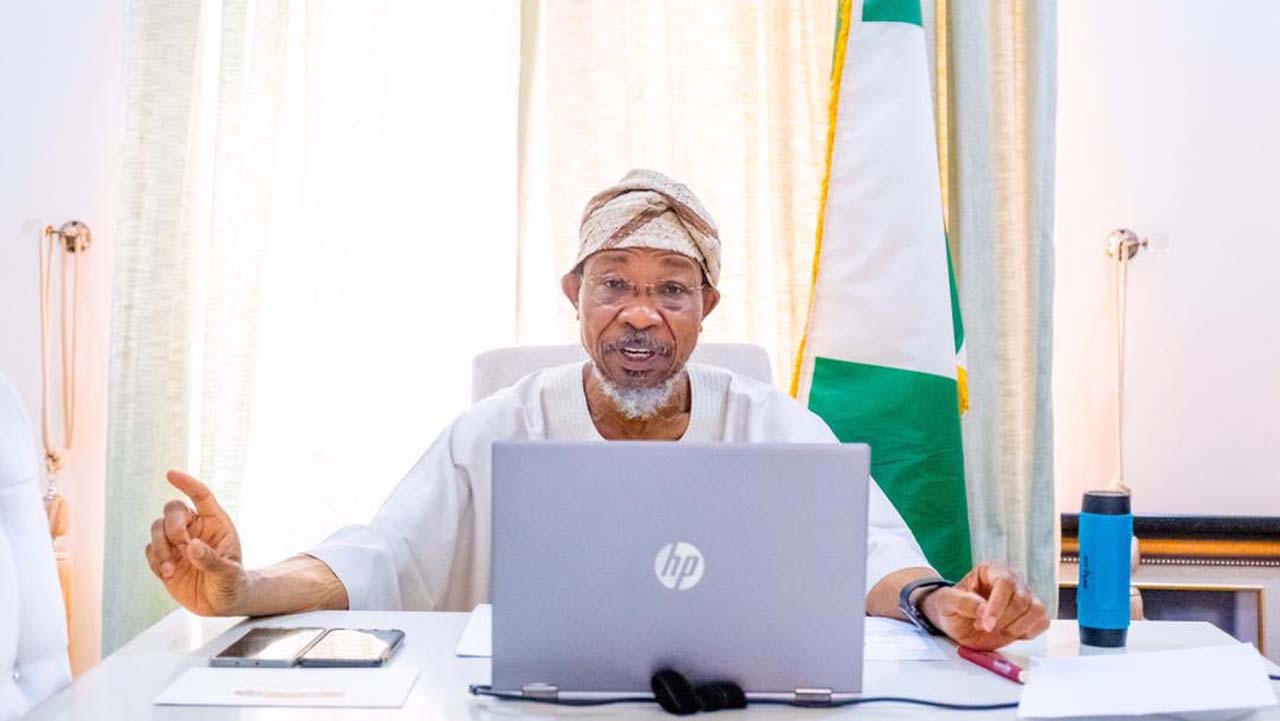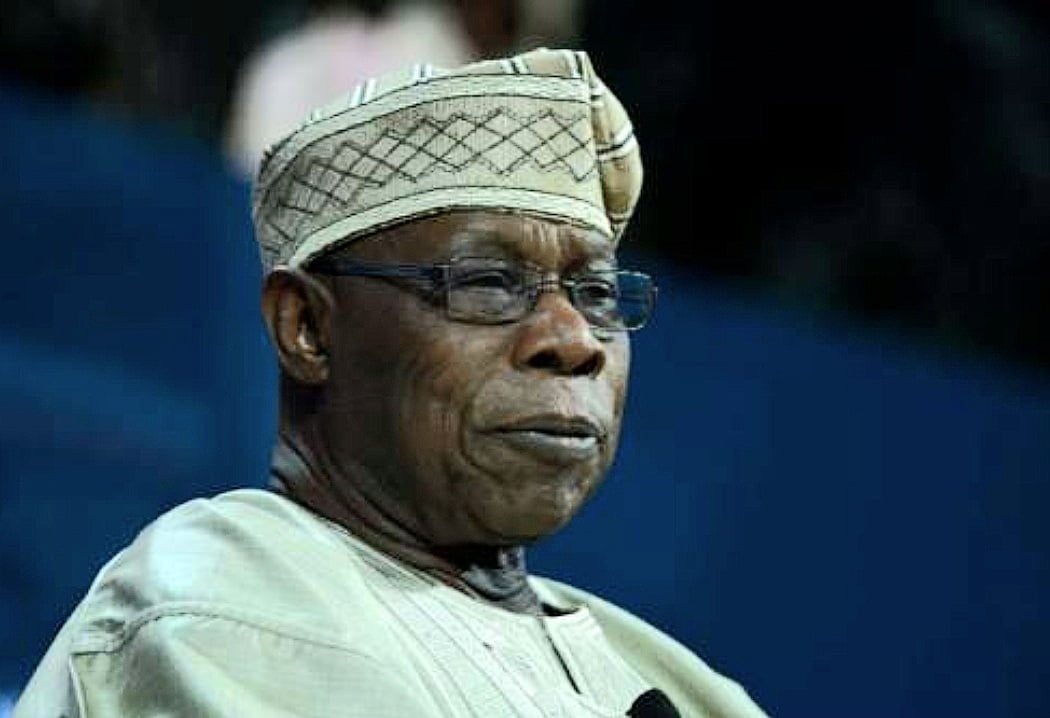By Ahmed Rufa’i, Dutse
The Jigawa State government has uncorvered
567 ghost workers and those recruited with forged certificate from over 3000 temporary teachers recruited by the immediate government of Alhaji Badaru Abubakar.
The secretary to the JIgawa state government (SSG), Alhaji Bala Ibrahim made the disclosure in a statement issued after the state executive council meeting

The statement was signed and made available to the National Update by the Commissioner for information, youth, sport and culture Mr Sagir Musa.
According to him, the discovery was contained in a memorandum presented by the secretary to the state government at the state executive council presided over by governor Malam Umar Namadi.
The statement explained that, “The State Executive Council deliberated on a memorandum presented by the Secretary to the State Government (SSG) on Jigawa State Staff Validation Committee (J-Teach Beneficiaries Verification Report) submitted to the former Governor of State, Muhammed Badaru Abubakar.
“Sequel to the presentation, the Council had deliberated on some key issues from the report findings”.
The statement indicated that the committee “Identified 240 of ghost workers, 255 beneficiaries with fake certificates, 72 with no certificates at all among the beneficiaries and discrepancy between Ministry of Education, Science and Technology & Local Education Authorities beneficiaries list
The information commissioner disclosed further that other findings includes “duplication of name of beneficiaries, inappropriate replacement of competent candidates with incompetent ones, some beneficiaries were found to be completely living outside the shores of the state and some beneficiaries hired others to stay on their behalf and improper supervision of the beneficiaries has constituted a lot of problem for the scheme”.
“Consequently, upon the deliberation of the Council under the Chairmanship of His Excellency, Malam Umar Namadi FCA, that the examination conducted before the employment is null and void due to the issues highlighted”.
He added that “the Council has unanimously agreed to adopt the report earlier approved for implementation by the previous administration and also set up a committee to study the findings with a view to recommending a way forward on the present administration decision to absorb 3000 J-Teach into permanent and pensionable appointments”.
The statement maintained that “Similarly, the Council has directed the immediate suspension of salary of all J-Teach beneficiaries until the committee submit its report within 4 weeks from 13th December, 2023. Equally, the Council has agreed that all genuine J-Teach duly verified will be paid in arrears”.
Also the council constituted a nine man committee under the chairmanship of the Chief of Staff (COS) to the governor, Senator Mustapha Makama to study the findings and submit the report within four weeks




